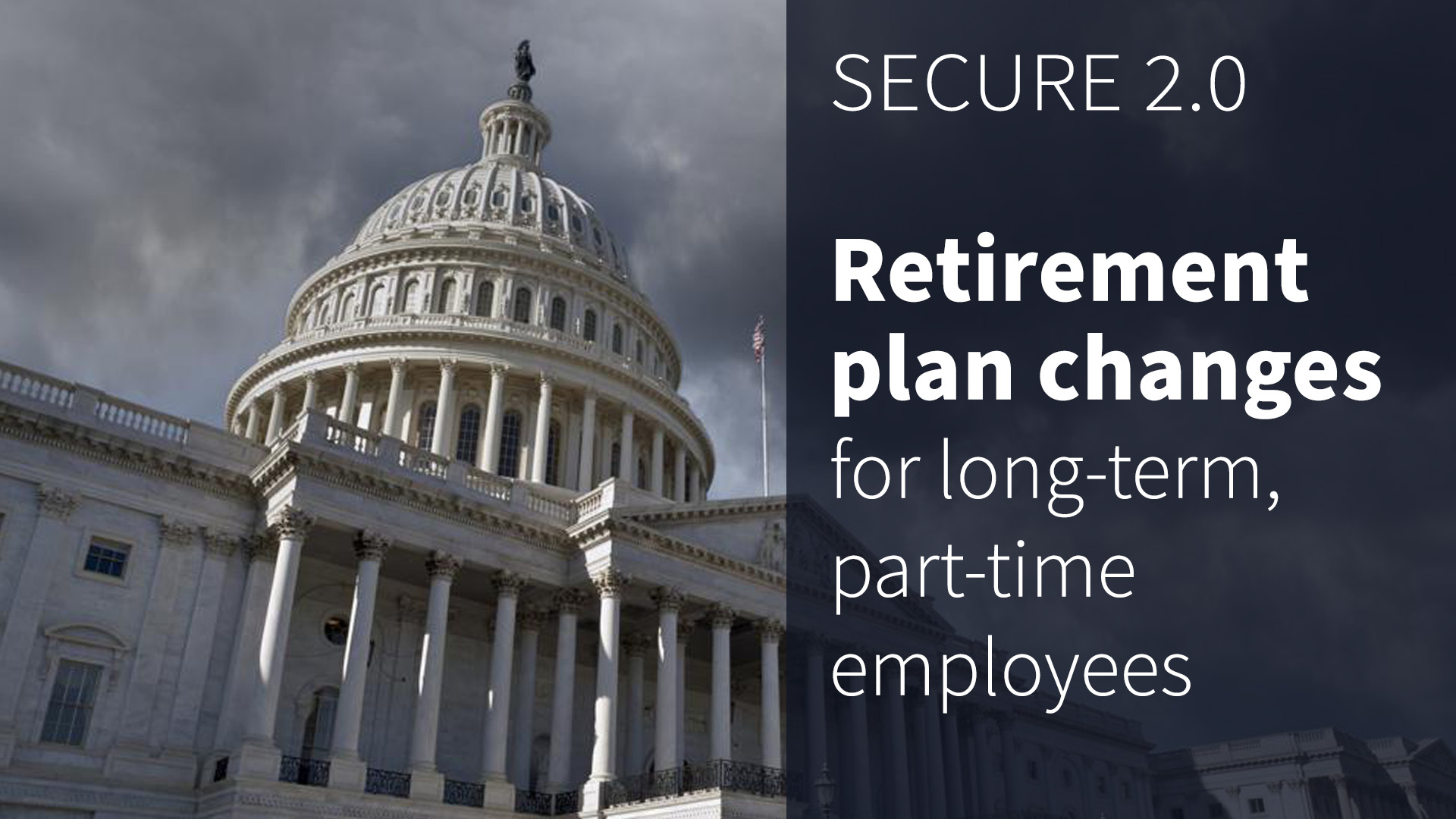Are you feeling generous? Qualified charitable contributions can be rewarded with sizeable tax breaks during the second calendar year of the COVID-19 pandemic. Recent legislation includes the following four temporary tax law changes that are designed to help individuals and businesses that donate to charities through the end of 2021.
1. Deductions for Non-Itemizers
In the past, you could claim significant itemized deductions on your federal income tax return for contributing money or property (or both) to qualified charitable organizations during the tax year. But there was no corresponding tax break for non-itemizers. In other words, if you claimed the standard deduction, you realized no tax benefit for charitable donations.
However, the CARES Act authorized a deduction of up to $300 for monetary donations made by non-itemizers during 2020. (See “What Is a Cash Contribution?” at right.) Then the Consolidated Appropriations Act (CAA) extended this tax break to 2021 and doubled the limit to $600 for joint filers. If a married couple files separately, each spouse may deduct up to $300.
2. Annual AGI Limit
The IRS imposes certain annual limits on deductions for charitable contributions made by individuals. For instance, previously you could deduct an amount for monetary contributions equal to no more than 60% of your annual gross income (AGI). Any amount above the 60%-of-AGI limit was carried over for up to five years. For these purposes, monetary contributions include cash and cash-equivalent contributions.
However, the CARES Act increased this limit to 100% of AGI for 2020. Now the American Rescue Plan Act (ARPA) has extended this tax break through 2021. That means you can effectively wipe out the full amount of your personal tax liability by donating money to qualified charities.
Important: The 100% limit isn’t automatic. A taxpayer must choose to use this new limit for any qualified cash contributions. Otherwise, the usual limit applies. The taxpayer’s other charitable contribution deductions reduce the maximum amount allowed under this election.
3. Corporate Deduction Limit
Similar to individuals, the tax law limits the amount that a C corporation can deduct on its corporate tax return for monetary contributions made to charity. Normally, the deduction limit is 10% of the company’s taxable income. For example, if a corporation has $1 million in taxable income, its deduction for donations of cash is limited to $100,000.
The CARES Act raised this threshold for corporations. It allowed a deduction in 2020 for monetary contributions to charity of up to 25% of taxable income. The ARPA has extended this limit for the 2021 tax year. But the increased limit isn’t automatic. C corporations must choose to use the increased corporate deduction limit on a contribution-by-contribution basis.
4. Donations of Food Inventory
Generally, a corporation that donates business property to charity can deduct an amount limited to the property’s cost. However, there’s a special tax break for donations of food inventory (for example, meals for families victimized by the pandemic). This tax break has expired and been reinstated several times in the past.
How much can your business deduct? A C corporation may deduct an amount equal to the property’s basis plus one-half the unrealized appreciation (but not more than twice the basis). The deduction also can’t exceed 10% of the corporation’s taxable income for the year.
First, the CARES Act increased the deduction limit to 25% of taxable income for 2020. The CAA extended this higher limit through 2021.
For other businesses — including sole proprietorships, partnerships and S corporations — the limit is based on the taxpayer’s total net income for the year. A special method for computing the enhanced deduction continues to apply, as do food quality standards and other requirements.
Still Time to Donate
As the year winds down, both individual taxpayers and small businesses may look to boost their charitable donations to meet their philanthropic goals — and improve their overall tax picture. A donation that’s made to a qualified organization in 2021 is deductible for 2021 — even if it’s charged by credit card for an amount you actually pay in 2022.
Consider all relevant factors in your charitable-giving decisions and coordinate this with other parts of your year-end tax plan. Your tax advisors can provide additional guidance.
PKS & Company, P. A. is a full service accounting firm with offices in Salisbury, Ocean City and Lewes that provides traditional accounting services as well as specialized services in the areas of retirement plan audits and administration, medical practice consulting, estate and trust services, fraud and forensic services and payroll services and offers financial planning and investments through PKS Investment Advisors, LLC.
© Copyright 2021. All rights reserved.
Brought to you by: PKS & Company, P.A.





